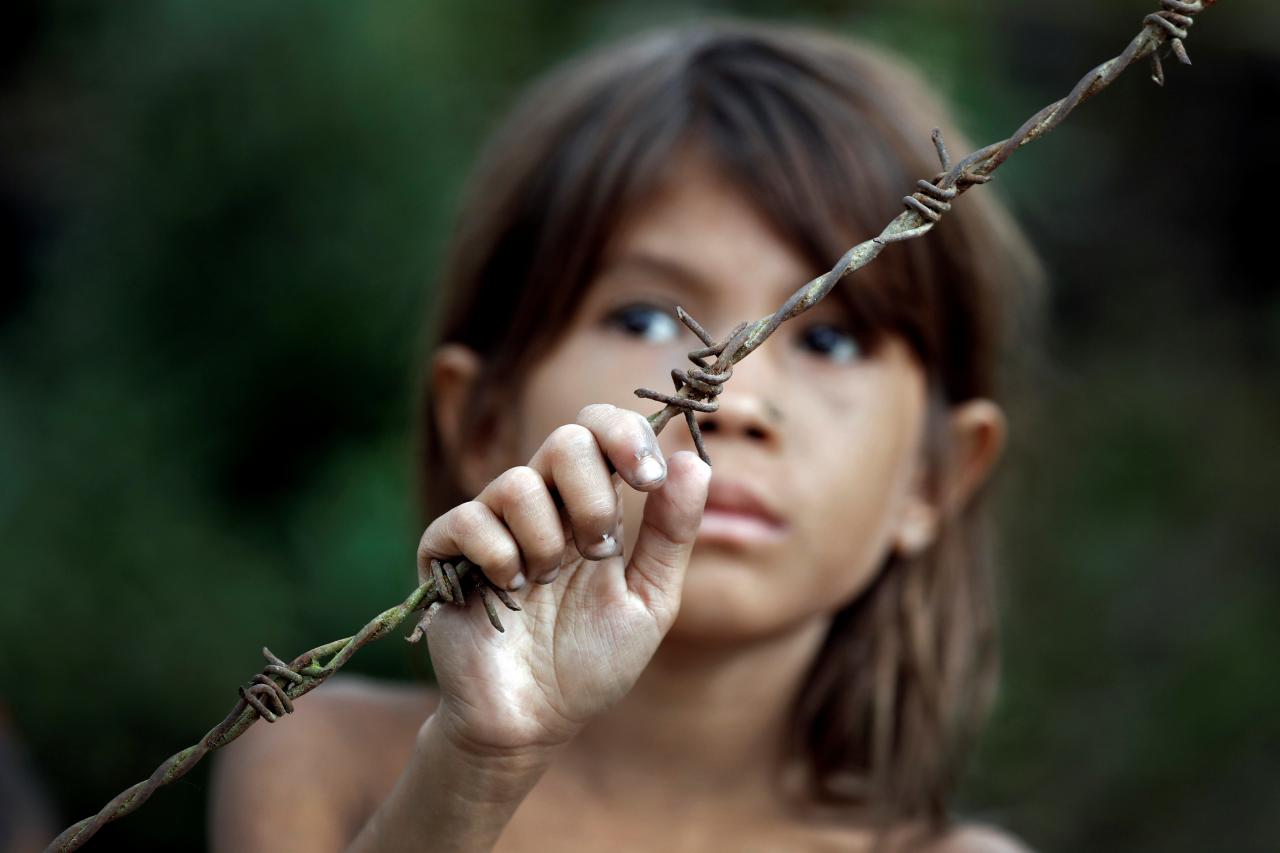Aid groups seek access to Myanmar conflict zone; 14 drown as boat capsizes

YANGON (Reuters) - International aid groups in Myanmar have urged the government to allow free access to Rakhine State, where an army offensive has sent more than 500,000 people fleeing to Bangladesh but hundreds of thousands remain cut off from food, shelter and medical care.
Refugees are still fleeing from Myanmar, more than a month after Rohingya Muslim insurgents attacked security posts near the border, triggering fierce Myanmar military retaliation that the United Nations has branded ethnic cleansing.
Aid groups said on Thursday the total number of refugees in Bangladesh was now 502,000 while Bangladesh police said 14 refugees drowned when their boat capsized off the coast in bad weather.
The Myanmar government has stopped international non-government groups (INGOs), as well as U.N. agencies, from carrying out most of their work in the north of Rakhine state, citing insecurity since the Aug. 25 insurgent attacks.
“INGOs in Myanmar are increasingly concerned about severe restrictions on humanitarian access and impediments to the delivery of critically needed humanitarian assistance throughout Rakhine State,” aid groups said in a statement.
An unknown number of people are internally displaced, while hundreds of thousands lack food, shelter and medical services, said the groups, including Care International, Oxfam and Save the Children.
“We urge the government and authorities of Myanmar to ensure that all people in need in Rakhine Sate have full, free and unimpeded access to life-saving humanitarian assistance.”
The government has put the Myanmar Red Cross in charge of aid to the state, with the help of the International Committee of the Red Cross. But the groups said they feared insufficient aid was getting through.
Relations between the government and aid agencies had been difficult for months, with some officials accusing groups of helping the insurgents.
Aid groups dismissed the accusations, which they said had inflamed anger towards them among Buddhists in the communally divided state, and called for an end to “misinformation and unfounded accusations”.
‘UNACCEPTABLE TRAGEDY’
Rights groups have accused the army of trying to push Rohingya Muslims out of Myanmar, and of committing crimes against humanity. They have called for sanctions, in particular an arms embargo.
The United States said the army response to the insurgent attacks was “disproportionate” and the crisis raised questions about Myanmar’s transition to democracy after decades of military rule.
British Minister of State for Asia and the Pacific Mark Field described the situation as “an unacceptable tragedy” after visiting Myanmar and meeting leaders including Nobel laureate Aung San Suu Kyi.
“Burma has taken great strides forward in recent years. But the ongoing violence and humanitarian crisis in Rakhine risks derailing that,” Field said in a statement.
Britain, like other members of the international community, called for the violence to stop, for humanitarian access and for refugees to be allowed to return safely.
Myanmar rejects accusations of ethnic cleansing and crimes against humanity but Suu Kyi has faced scathing criticism and calls for her Nobel prize to be withdrawn.
She denounced rights abuses in an address last week and expressed concern about the suffering. She also said any refugees verified as coming from Myanmar would be allowed to return.
‘NO JUSTICE’
Police in Bangladesh said they recovered the bodies of 14 refugees, including nine children, after their boat went down. A Reuters photographer said he saw several babies among the victims.
Police officer Afrajul Hoque Tutu said three boats had capsized in heavy seas.
Even though Rohingya are still fleeing, Myanmar is getting ready to “verify” refugees who want to return, the government minister charged with putting into effect recommendations to solve problems in Rakhine said.
Myanmar would conduct a “national verification process” at two points on its border with Bangladesh under terms agreed during a repatriation effort in 1993, state media quoted Win Myat Aye, the minister for social welfare, relief and resettlement, as saying.
It is unclear how many refugees would be willing to return, or have the documents they will likely need to qualify.
Myanmar authorities do not recognize Rohingya as an indigenous ethnic group, instead regarding them as illegal immigrants from Bangladesh.
“The government hates us,” said refugee Zafar Alam, 55, sheltering from rain near a refugee settlement in Bangladesh, referring to the Myanmar government.
“I don’t think I’d be safe there. There’s no justice.”
Rights groups say about half of more than 400 Rohingya villages have been torched in the violence.
The bad weather also led to the postponement of a trip the Myanmar government was organizing for diplomats to see the situation in Rakhine State for themselves. They will go on Monday, an official said.






